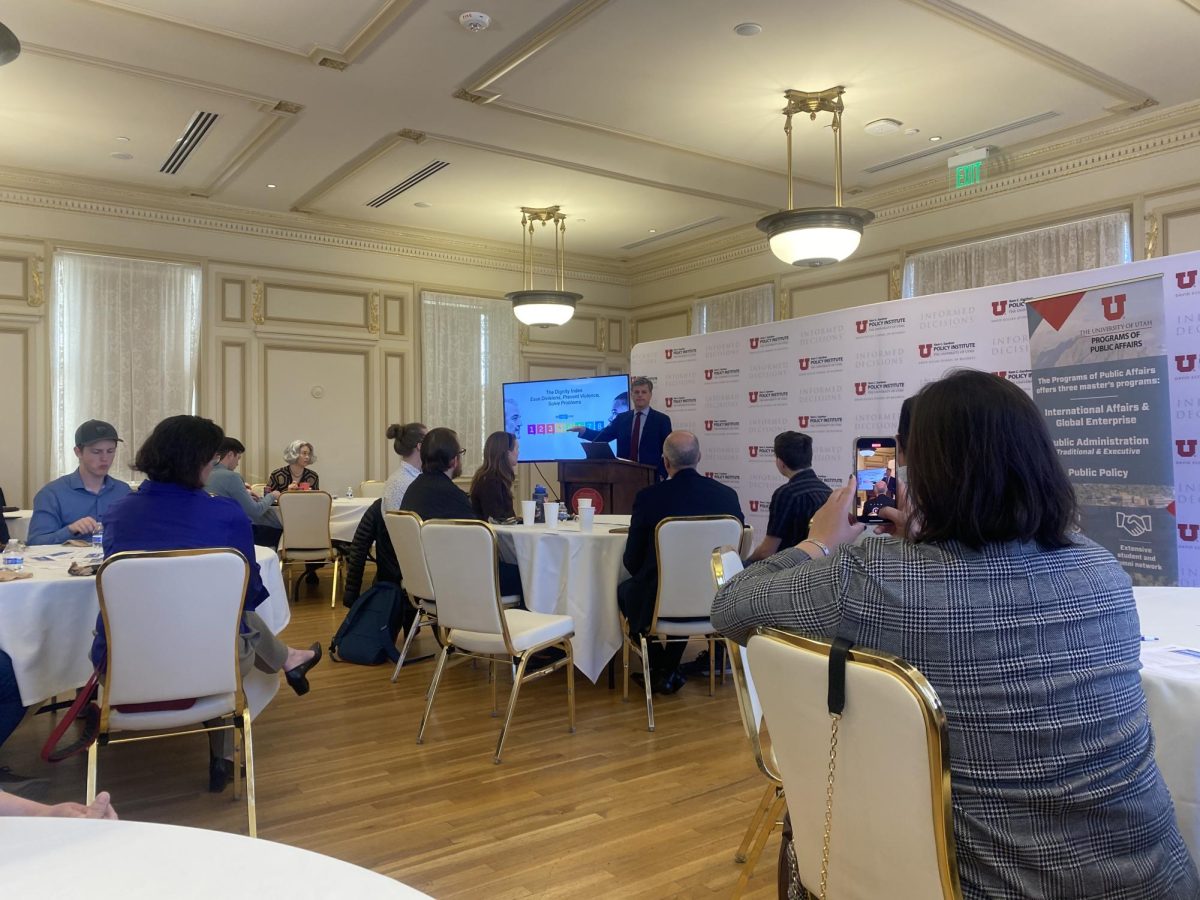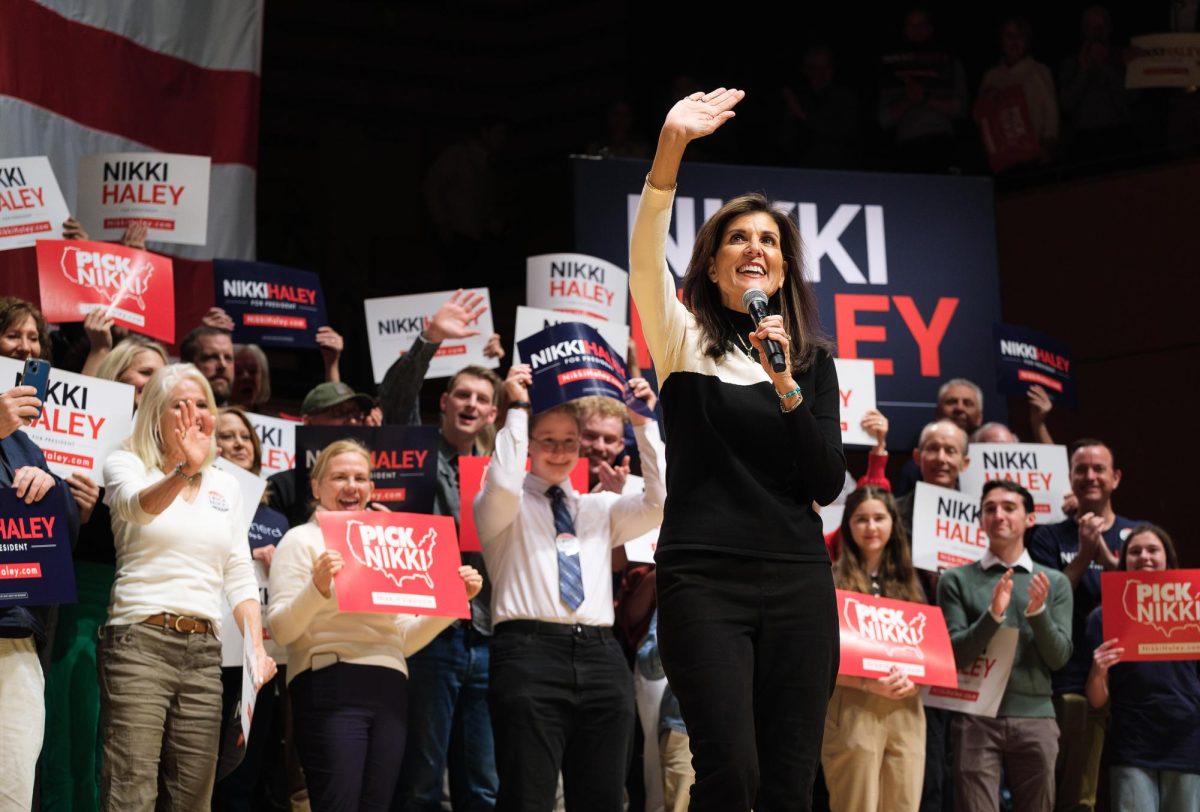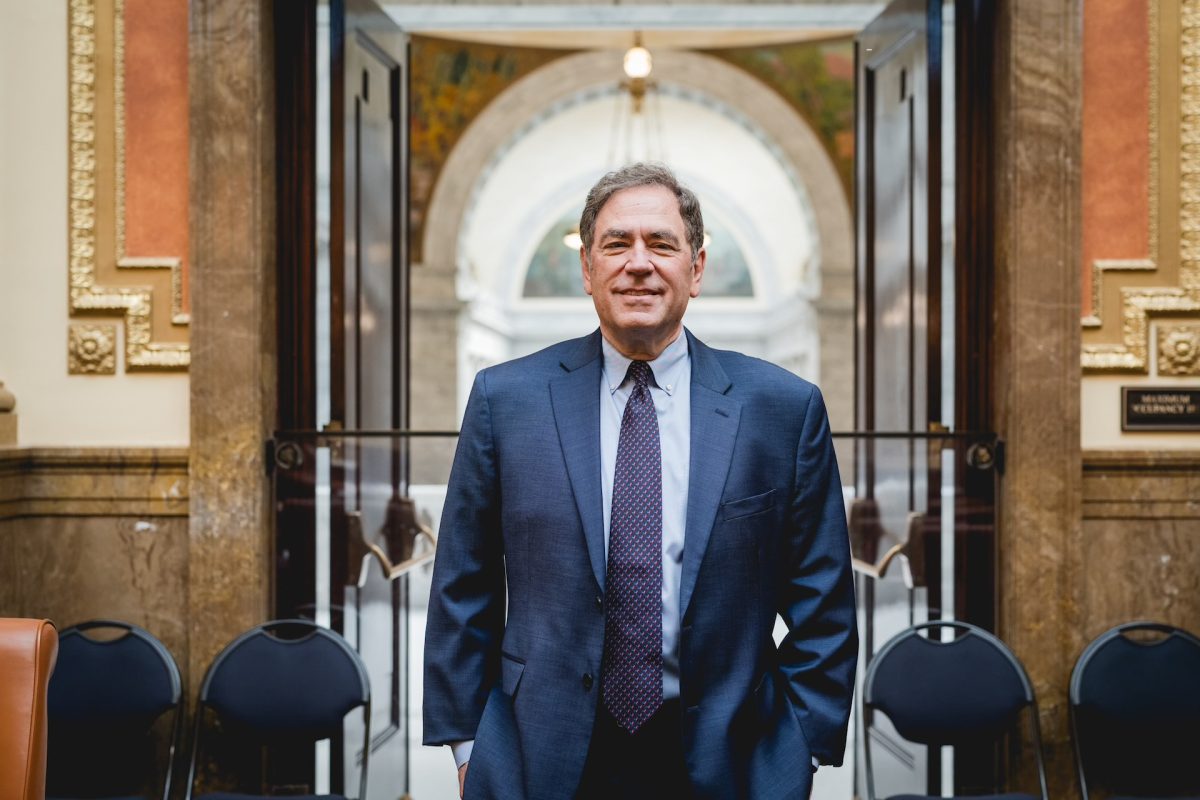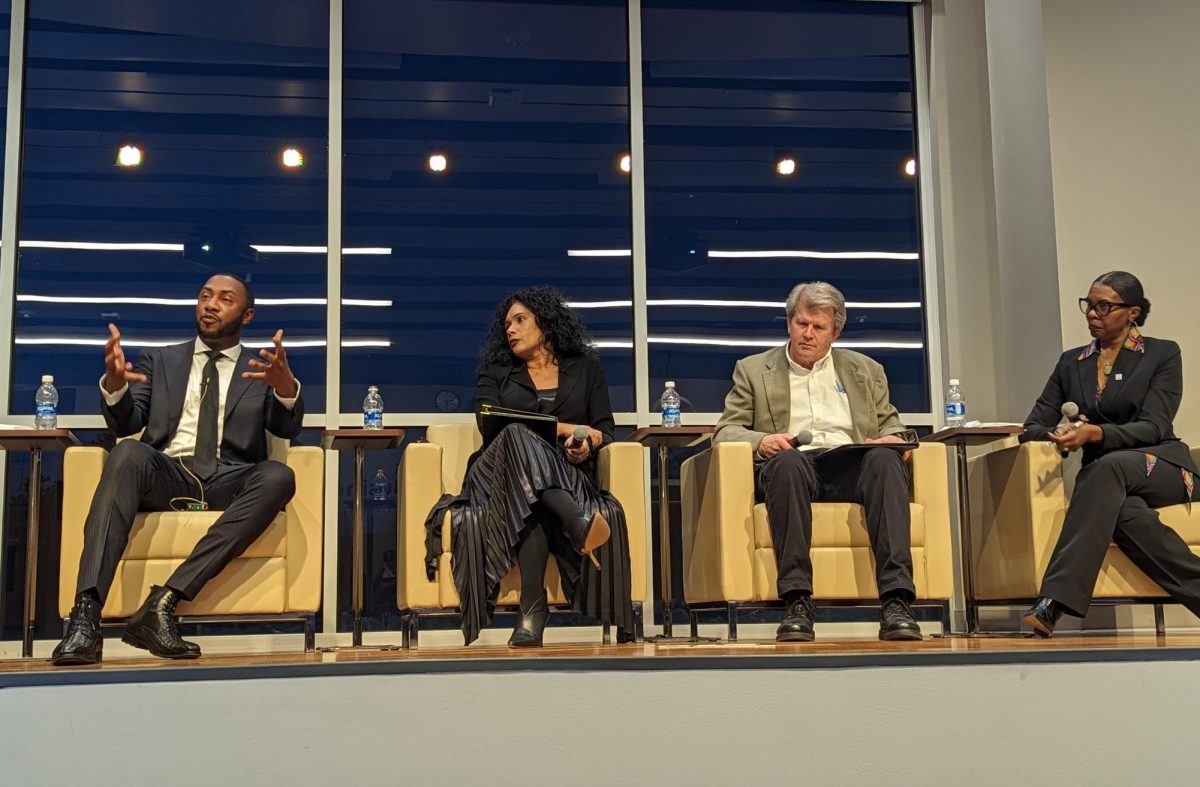WASHINGTON, D.C.8212;Sen. Barack Obama and Gov. Sarah Palin are no longer on the tip of every tongue in the nation’s Capitol. Instead, Merrill Lynch and Lehman Brothers are the talk of the town.
Over the weekend the two financial firms teetered near collapse, along with American International Group. Crisis was averted when Bank of America announced its plans to buy out Merrill Lynch, Lehman Brothers filed for bankruptcy and the Federal Reserve determined Tuesday to bail out AIG.
The economic developments have completely changed the face of the presidential race. David Colburn, executive director for the Askew Institute on Politics and Society at the University of Florida, said voter concern about the economy has grown tremendously over the past week.
“Americans are directly affected by these developments in employment, retirement investments and in retirement planning,” Colburn said. “Young people are likely to be affected by sharply contracted economy and many fewer employment opportunities.”
At Georgetown University, New York City Mayor Michael Bloomberg addressed students on the economic situation and its impact on presidential politics.
Bloomberg said in the perfect world candidates would be able to tell voters exactly what they would do to resolve the economic problems. However, in the imperfect political system today, candidates risk sharp criticism for putting forth detailed plans.
Andrew Rothman, a graduate student at Georgetown, agreed. He heard Bloomberg speak and noted how both Obama and John McCain have used vague generalities rather than delve into specifics.
Colburn said the current situation best benefited the Obama campaign and the Illinois senator had better seized the opportunity to provide an economic plan than Sen. McCain.
“I know of no election in recent history where the party that controls the White House is not held unaccountable for a declining economy,” Bloomberg said, citing Jimmy Carter’s loss to Ronald Reagan in 1980 and Bill Clinton’s victory over George H.W. Bush in 1992 as examples.
Jen Turnbow, a sophomore at Georgetown, said McCain had flopped in attempting to address the economy in recent days.
“He completely missed the mark by saying the economy is strong,” Turnbow said.
Turnbow referred to a comment McCain made on Monday in Jacksonville, Fla., saying the fundamentals of the economy are strong.
After receiving criticism from the Obama campaign and the media, McCain later clarified the comment in Orlando saying, “My opponents may disagree, but those fundamentals8212;the American worker, the innovation, the entrepreneurship, the small business8212;are the fundamentals of America and I think they are strong.”
Colburn said McCain had hurt himself badly in making that initial mistake.
“I think very few people would agree with him,” he said. “He clearly stated his views poorly in his first comments and is now trying mightily to portray his position differently.”
Bloomberg predicted voters would choose a candidate they feel is trustworthy and pragmatic.
“I think the candidate that will win is the candidate the public decides is honest and straight forward,” he said.
Bloomberg said strong leadership in the White House is an essential part of the solution for the troubled economy. He said the nation needs a leader comparable to President Dwight Eisenhower who invigorated the economy by building the national highway system.
“We have to have some leadership in Washington,” he said.
Editor’s Note8212;Jed Layton is reporting from Washington, D.C. through the Hinckley Institute of Politics and Shantou University Political Journalism Program.















